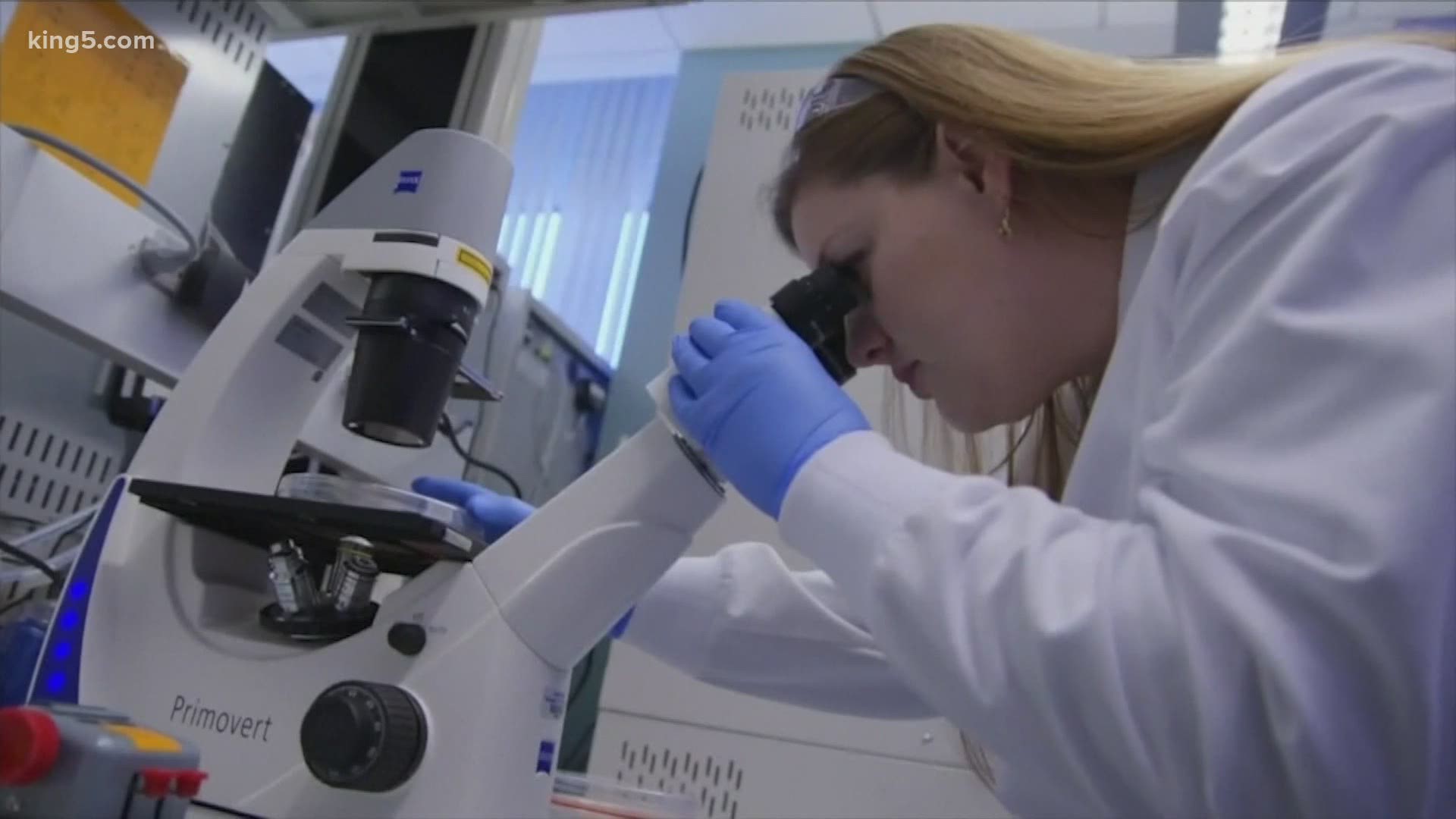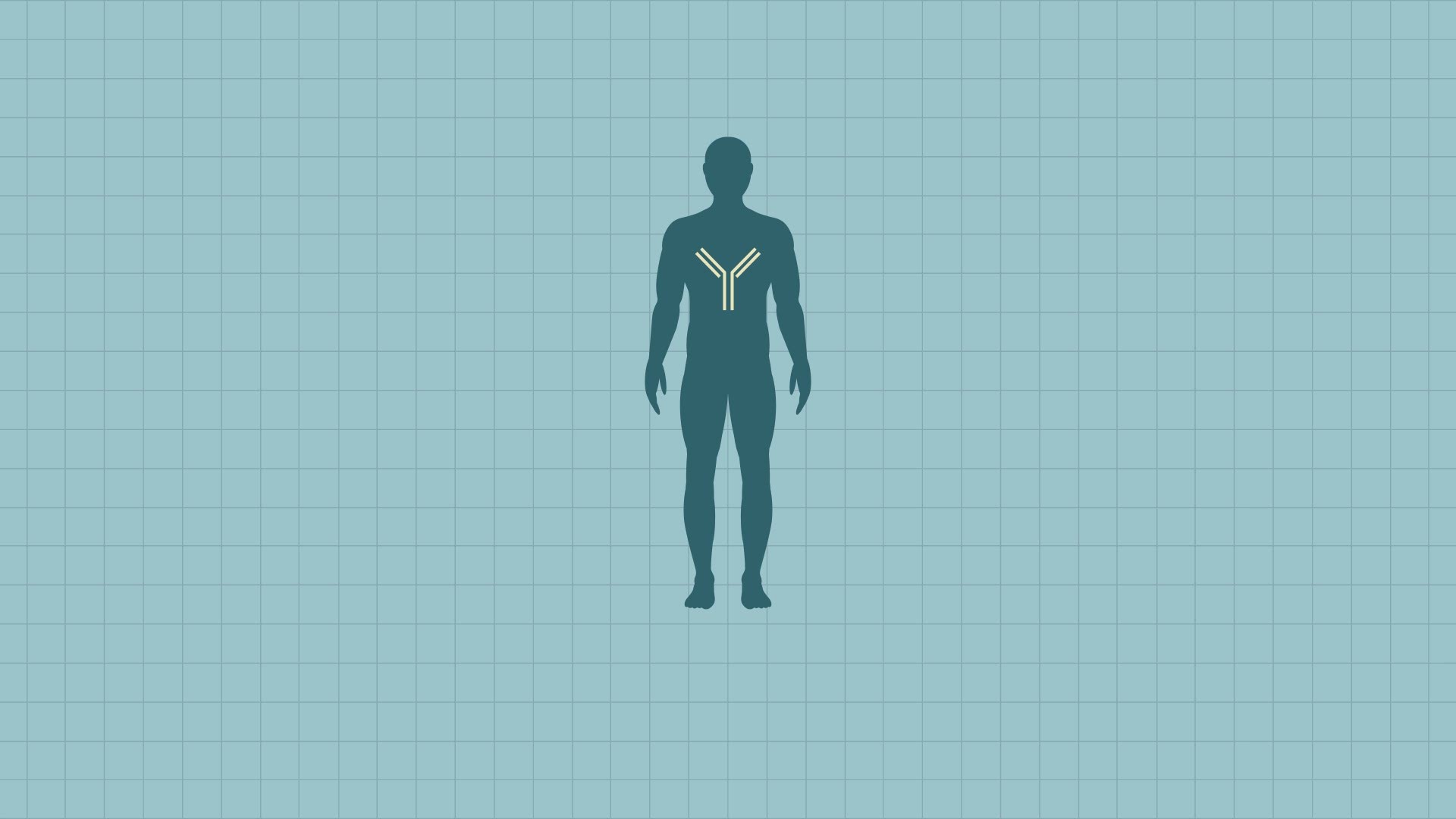SEATTLE —
UW Medicine said a coronavirus vaccine it’s developing has shown promising results in mice and monkeys during pre-clinical studies.
The experimental vaccine induced a strong immune response after a single dose and immunity increased over time, Dr. Deborah Fuller, professor of microbiology, said Monday.
Dr. Fuller’s team expects to test the vaccine on humans later this summer.
The potential vaccine has advantages over other vaccines in development, UW Medicine said. It can be administered after a simple mixing step in a pharmacy and would be quick to manufacture in large quantities.
“I think that we’re undergoing a vaccine revolution,” Dr. Fuller said during a press conference announcing the findings.
She said vaccines that would’ve taken five to seven years to develop are now projected to take just 18 months to two years, because of the sense of urgency brought on by COVID-19.
“I’ve been in vaccine research for many, many years and I've never seen anything like this,” said Dr. Fuller.
The UW Medicine research is just one of a number of potential vaccines in development worldwide, including others that involve Seattle-area researchers.
The Kaiser Permanente Washington Research Institute in Seattle last week announced a two-dose experimental coronavirus vaccine it’s studying provided an immune boost in humans. A 30,000-person study is expected to start by the end of July.
Dr. Anthony Fauci, the government’s top infectious disease expert, said in a recent interview with Facebook’s Mark Zuckerberg that he’s cautiously optimistic a vaccine could be available in limited doses for the most vulnerable people by early next year.
Dr. Fuller said she expects multiple vaccines developed by different teams around the globe to be part of the strategy to stop the spread of COVID-19.
“For pandemic, you need something really quickly, you need billions of doses to be distributed worldwide, and I don't think one vaccine is going to accomplish that,” she said.



